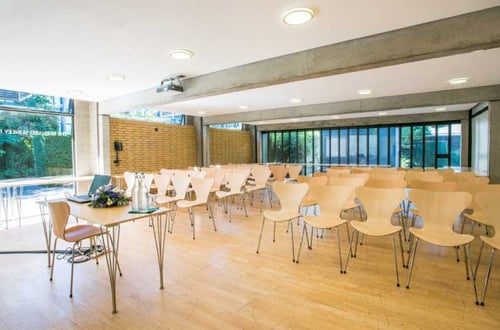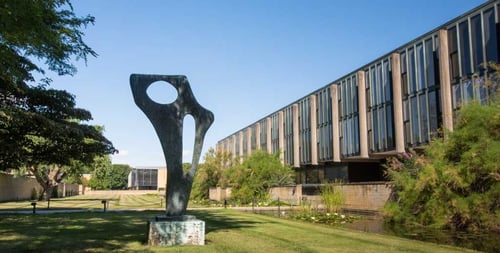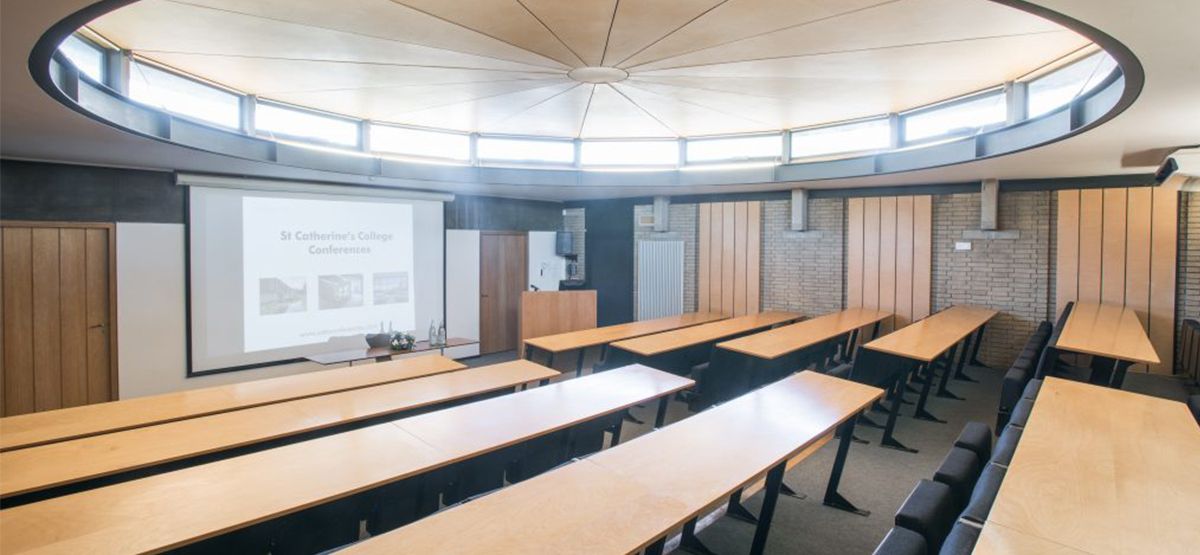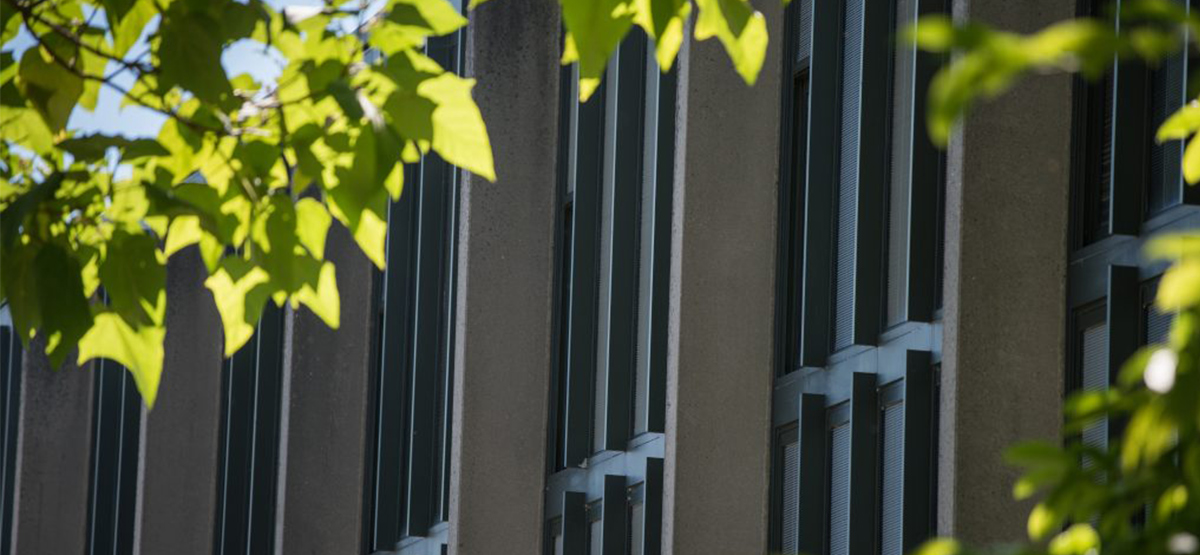Alumni Features: Benazir Bhutto
Benazir Bhutto
Benazir Bhutto, born on June 21, 1953, in Karachi, Pakistan, was a pioneering figure in South Asian politics and a symbol of political resilience and leadership for women all over the world.
As both the 11th and 13th Prime Minister of Pakistan, serving from 1988 to 1990 and again from 1993 to 1996, she was the first woman to head a democratic government in a Muslim-majority country.
Her political career is both inspiring and tumultuous, marked by her relentless pursuit of democracy and her considerable challenges navigating the complexities of Pakistani politics.
Benazir was born into a prominent political family; her father, Zulfikar Ali Bhutto, was the founder of the Pakistan People's Party (PPP) and served as President and later the Prime Minister of Pakistan. Her upbringing was immersed in a political environment that shaped her future ambition. She pursued her higher education at Harvard University, where she studied comparative government and graduated with a Bachelor of Arts degree in 1973.
Following Harvard, Bhutto continued her studies at the University of Oxford, where she attended St Catherine’s College and studied Philosophy, Politics, and Economics (PPE).
Her time here certainly shaped her future. She was the first Asian woman to be elected President of the Oxford Union. Her association with St Catherine’s College and her academic pursuits at Oxford played a crucial role in broadening her intellectual horizons and preparing her for the challenges of political life.
After St Catherine’s, in 1977, Benazir returned to Pakistan at a controversial time. Her father's government was overthrown by a military coup led by General Zia-ul-Haq. Her return marked the beginning of active political engagement, as she faced the arrest of her father and later his controversial execution.
Throughout the martial law period of the 1980s, Benazir Bhutto emerged as a leader of the opposition against Zia’s regime, enduring both imprisonment and exile.
Her perseverance paid off when she was elected Prime Minister in 1988, after the death of Zia-ul-Haq and the lifting of martial law. Her first term was characterised by efforts to implement social reforms, though her time in government was fraught with challenges, including opposition from conservative factions and allegations of corruption.
Despite these challenges, Bhutto’s leadership was historic; she fought hard to improve health and education sectors and championed for women's rights.
Bhutto's second term from 1993 to 1996 was similar but ultimately, her government was dismissed amidst ongoing political instability and corruption charges. Despite her removal, Bhutto's political life remained busy. She went into self-imposed exile in Dubai while continuing to influence Pakistani politics.
Tragically, Bhutto's life was cut short when she was assassinated on December 27, 2007, during a campaign rally in Rawalpindi. Her death was a real loss for Pakistan and the international community.
Benazir Bhutto’s legacy is complex. She is remembered as a trailblazer in a conservative society. A champion for democracy, and a figure who sought to modernise Pakistan while facing immense personal and political challenges.





